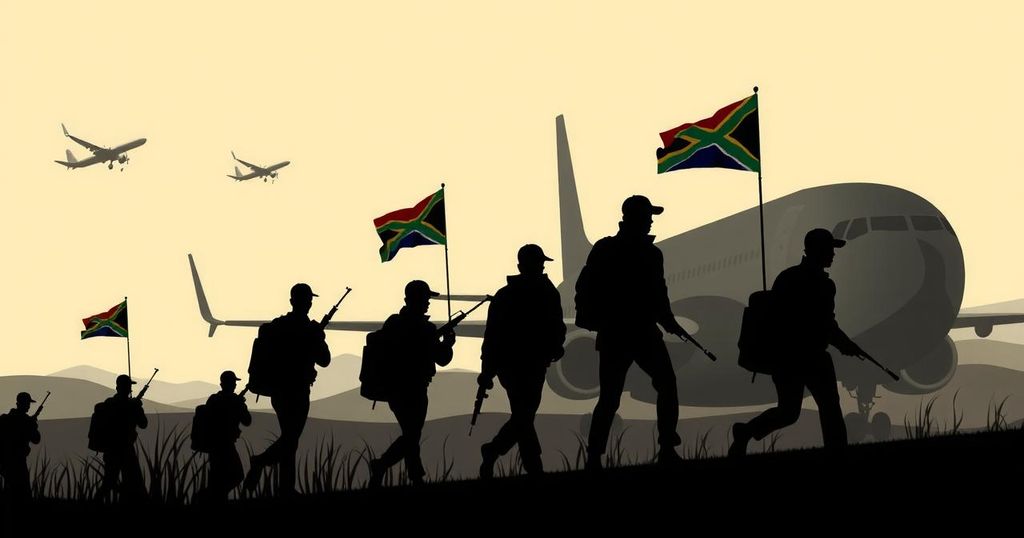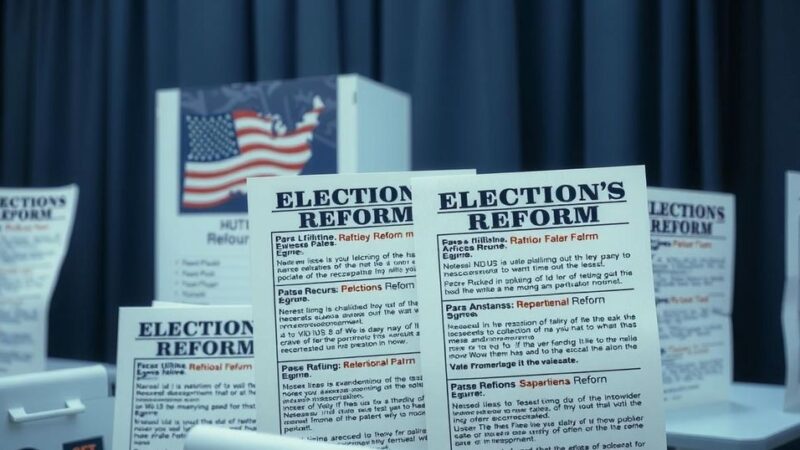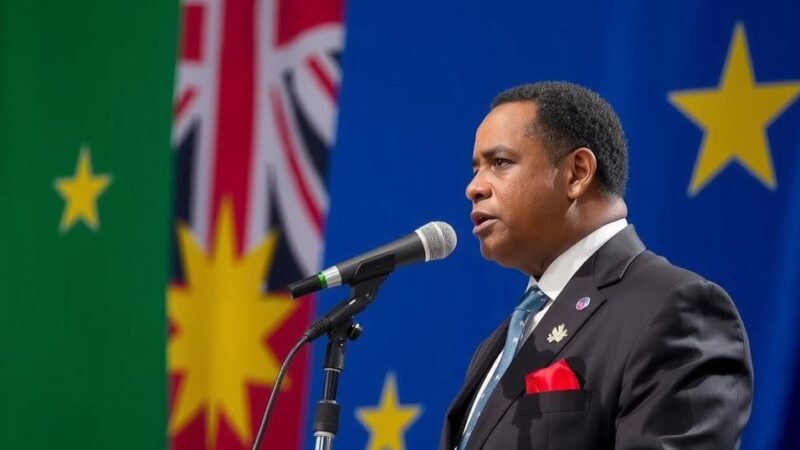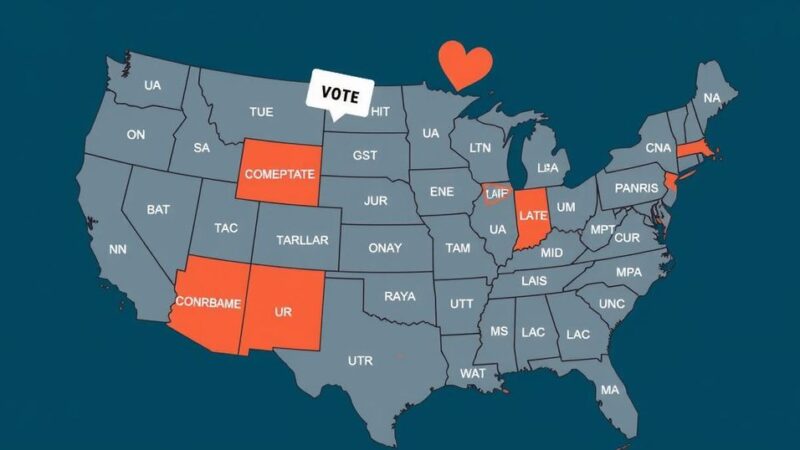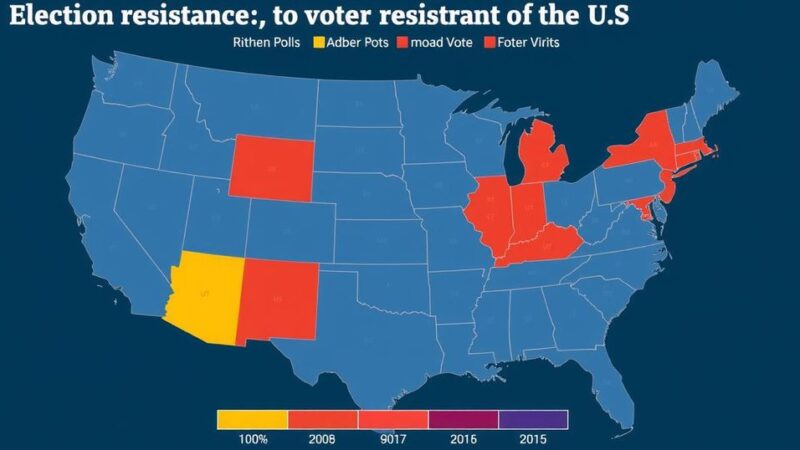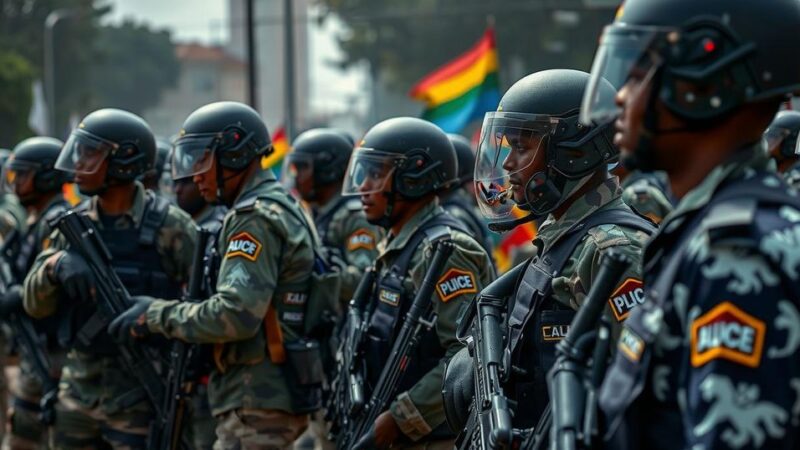The remains of 42 South African freedom fighters, exiled during the apartheid struggle, were returned from Zimbabwe and Zambia on Wednesday, with a ceremonial reception held at Waterkloof Air Force Base. This repatriation is part of an initiative to offer closure to families and educate future generations about the anti-apartheid fight. Among the returned remains are notable figures such as Duma Nokwe and Florence Mophosho. Further repatriations from several countries are also in process.
On Wednesday, 42 remains of South African freedom fighters, who perished during their exile in Zimbabwe and Zambia while combating apartheid, were ceremoniously returned to their homeland. The repatriation took place at the Waterkloof Air Force Base in Pretoria, overseen by government officials and family members of the deceased. These remains were exhumed as a part of a government initiative aimed at providing closure to families whose relatives died far from home while participating in the anti-apartheid struggle under the auspices of the African National Congress and the Pan Africanist Congress. Many of these activists had left South Africa in search of military training or to evade arrest under the oppressive apartheid regime. Notably, the African National Congress, led by Nelson Mandela, relocated its headquarters to Lusaka, Zambia, where numerous activists met their unfortunate fate and were interred. Among the esteemed freedom fighters whose remains were repatriated this week were Duma Nokwe, Florence Mophosho, and Basil February. Deputy President Paul Mashatile emphasized the significance of the repatriation during a Heritage Day commemoration, stating, “As a national memory project, this initiative aims to commemorate, celebrate, educate, promote, preserve, conserve, and provide a durable testament to South Africa’s road to freedom.” President Cyril Ramaphosa is scheduled to host a ceremony honoring the returned remains before their subsequent reburial with families across South Africa. Furthermore, the government has announced ongoing efforts to repatriate the remains of other South Africans from various locations, including Lesotho, Ethiopia, and Tanzania, facilitating reconnections with their respective families. Deputy Defense Minister Bantu Holomisa expressed hope for the completion of further repatriations, stating, “I hope this process will culminate in getting more people in other countries who died under difficult conditions. We welcome them back to connect with their families.”,
The repatriation of the remains of South African freedom fighters is part of a broader initiative by the South African government to honor and acknowledge the sacrifices made by those who fought against the apartheid regime. Many resistance fighters, after being persecuted, sought refuge abroad, particularly in neighboring countries like Zimbabwe and Zambia, which provided support for anti-apartheid operations. By bringing back the remains of these individuals, the government not only seeks to provide closure to grieving families but also to instill an understanding of the historical struggles endured in the fight for freedom within the nation’s younger generations.
In summary, the return of the remains of 42 South African freedom fighters marks a significant step towards acknowledging the sacrifices made in the struggle against apartheid. This initiative not only provides closure to the families affected but also serves to educate future generations about the historical context of their nation’s fight for freedom. The ongoing efforts to repatriate remains from other countries further underscore the government’s commitment to commemorating the legacy of those who fought against oppression.
Original Source: www.independent.co.uk
